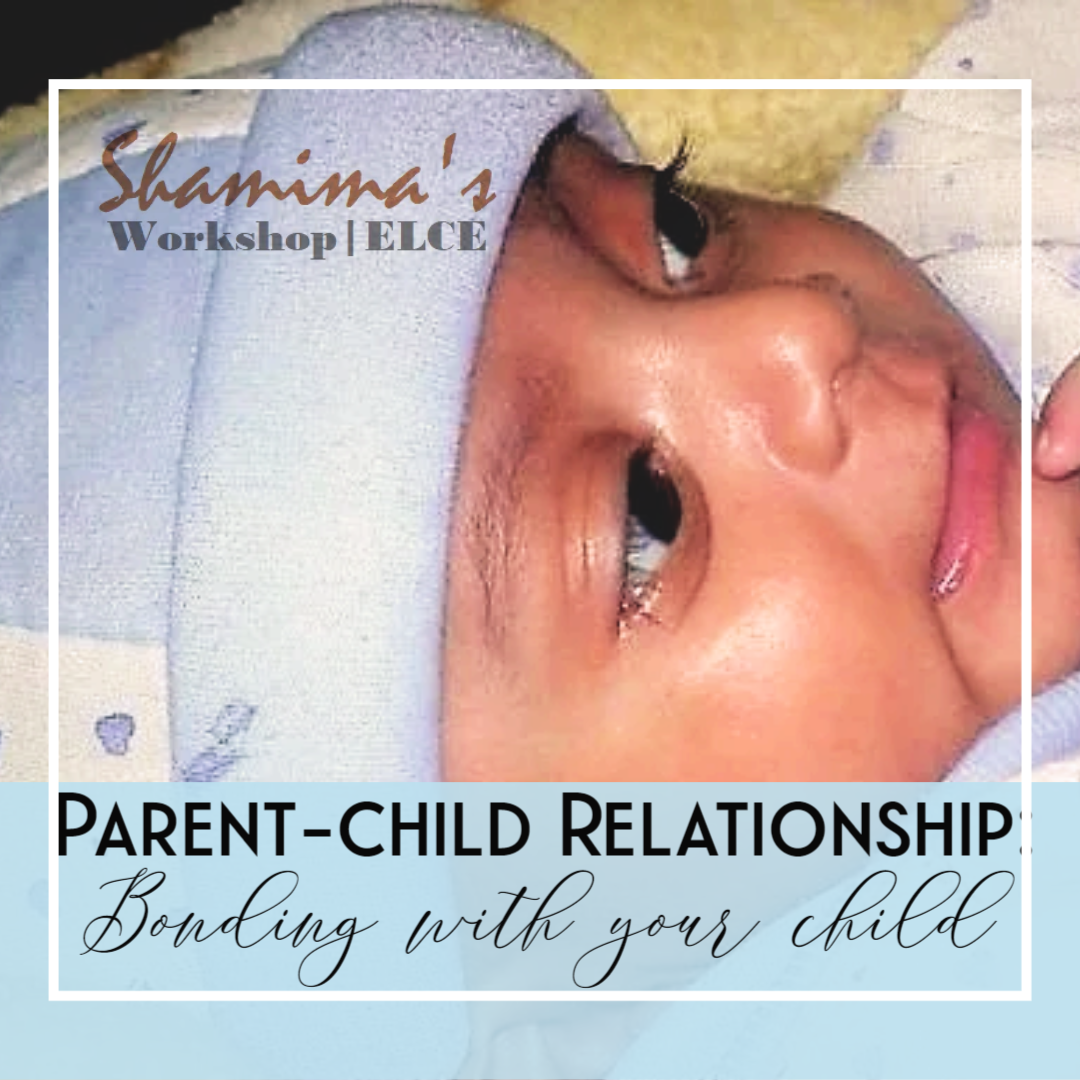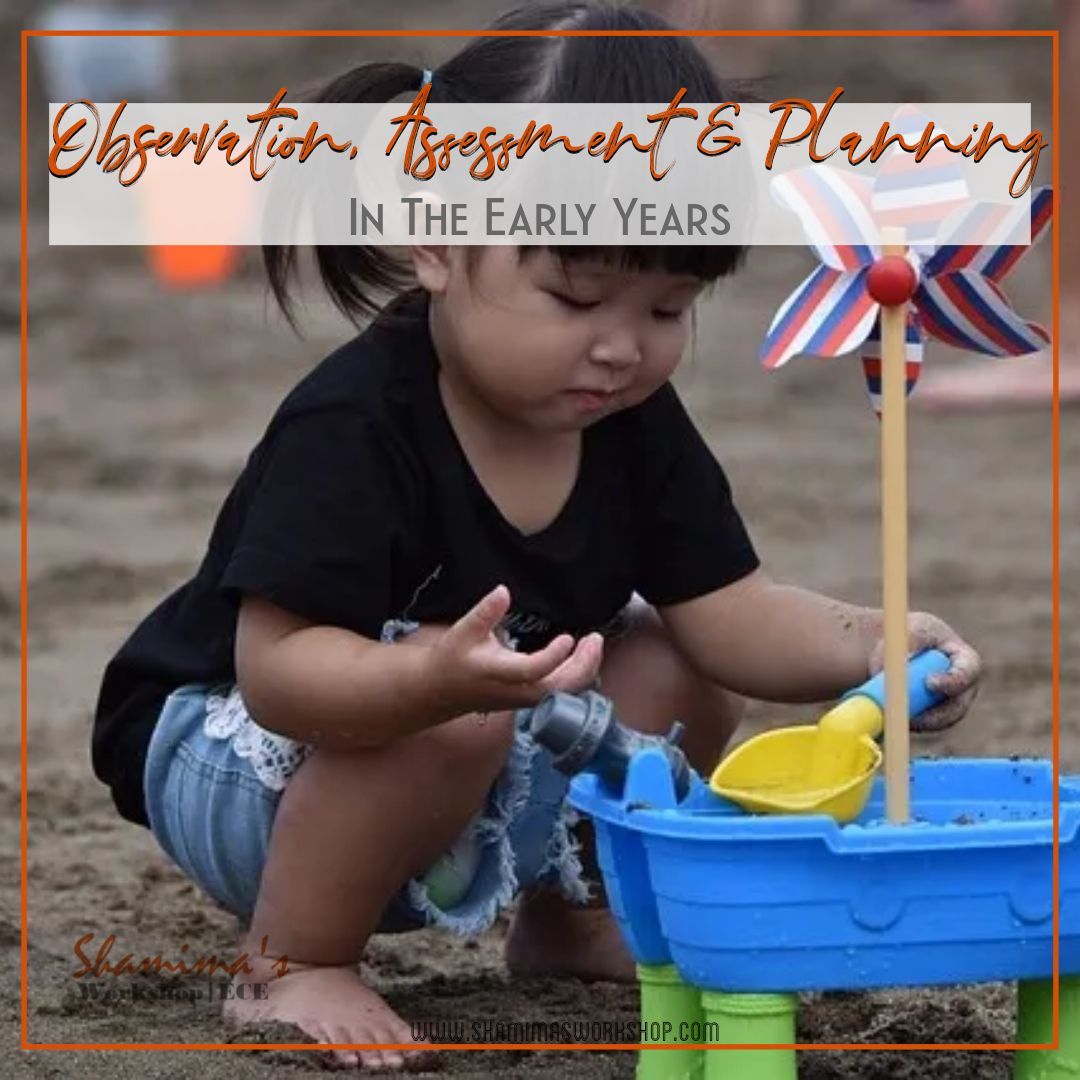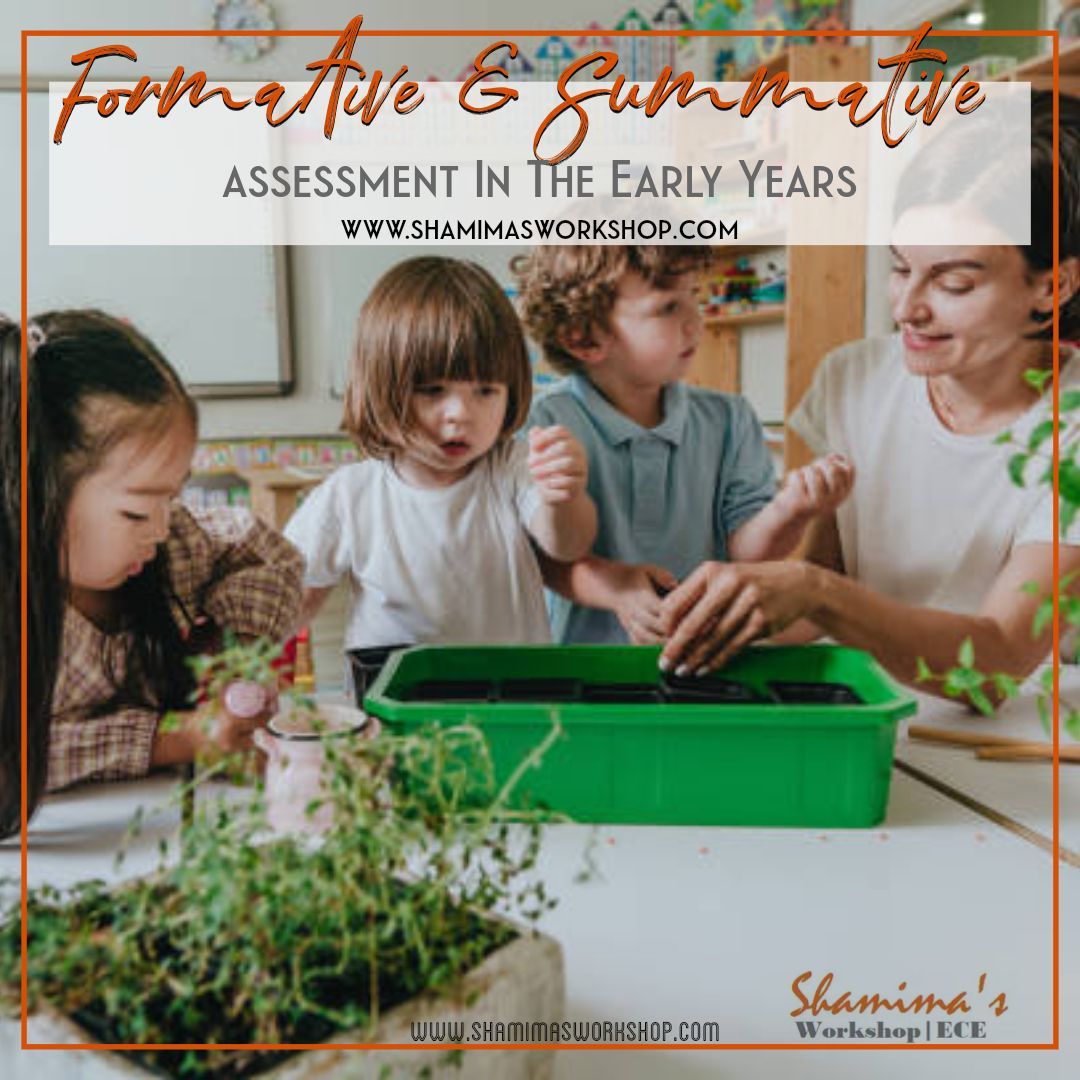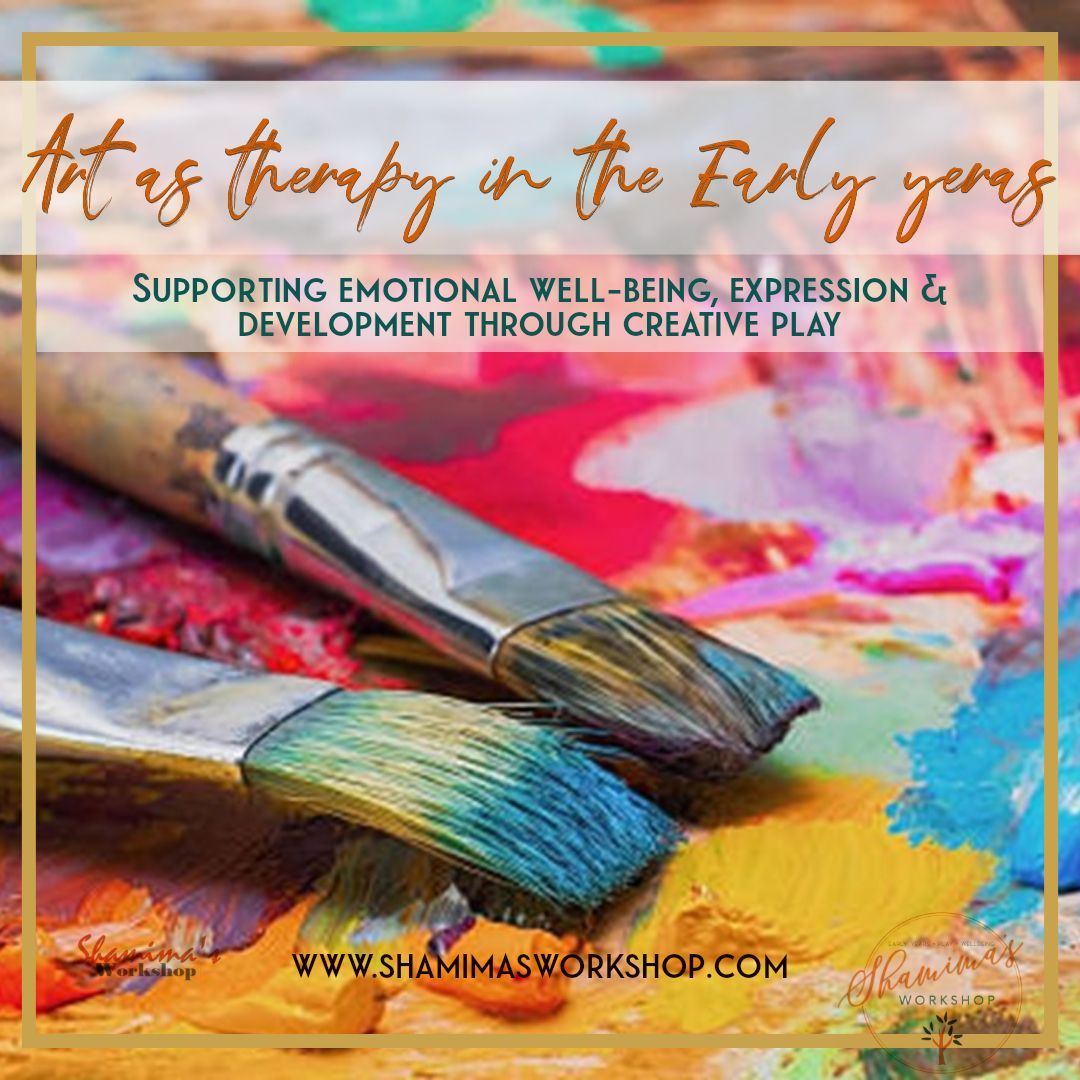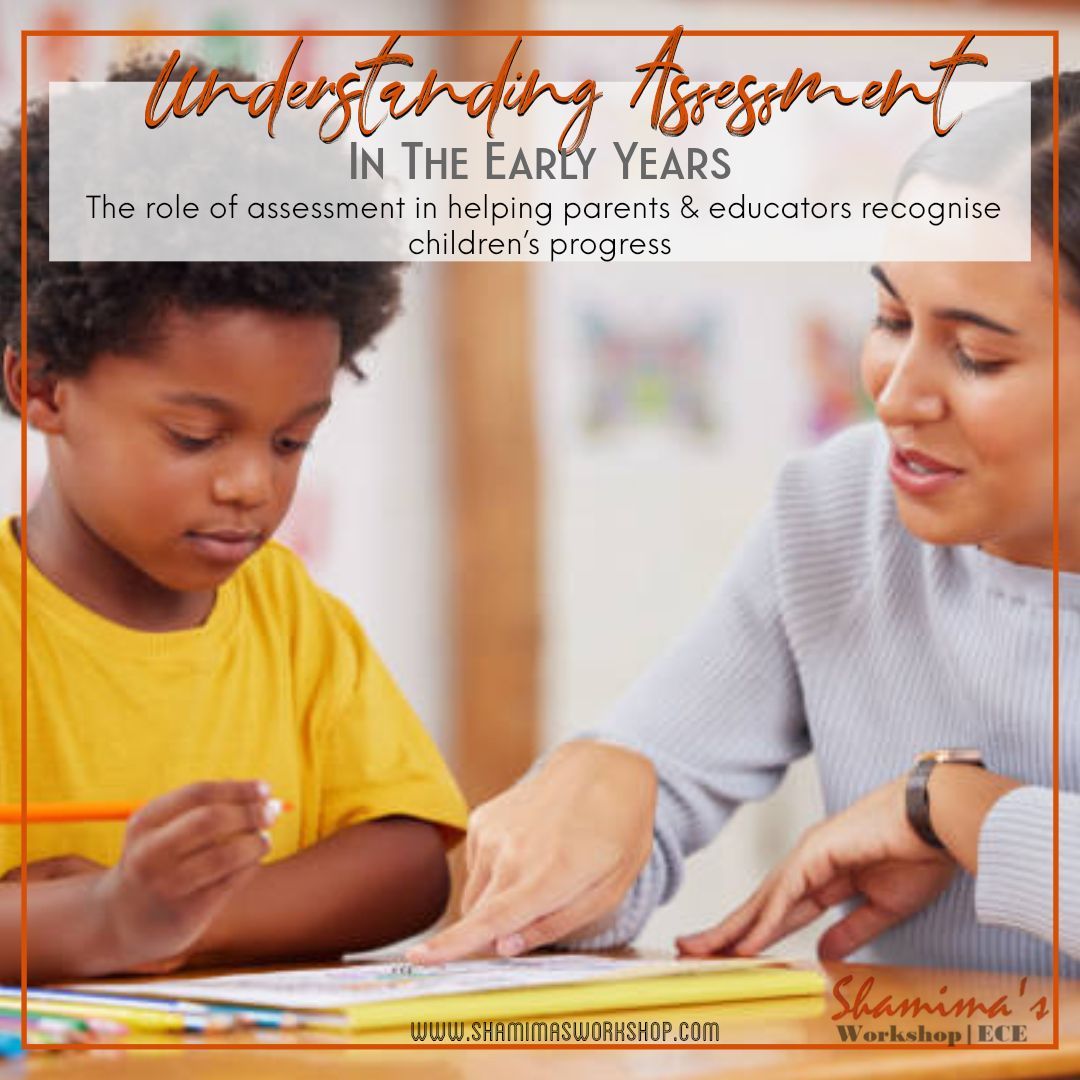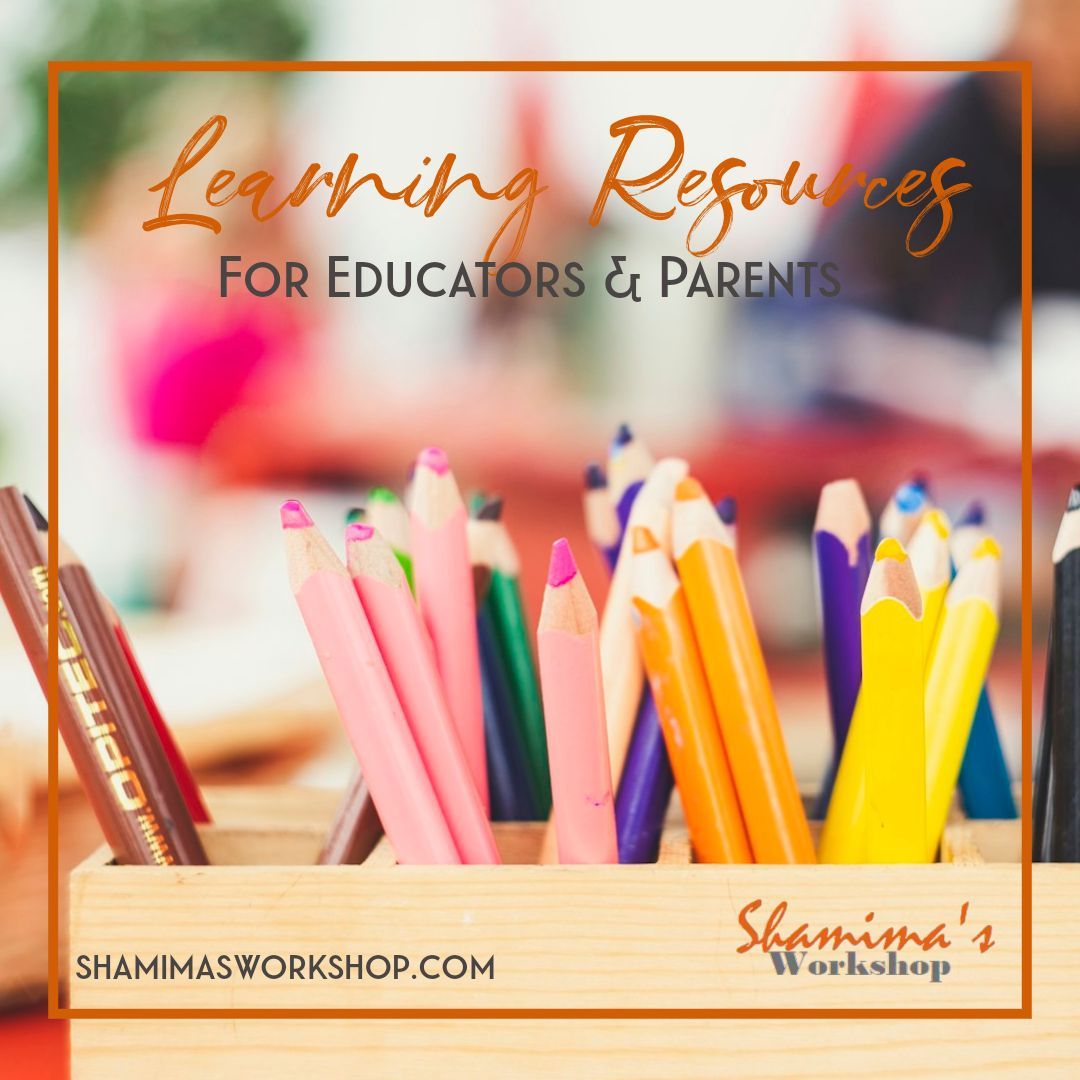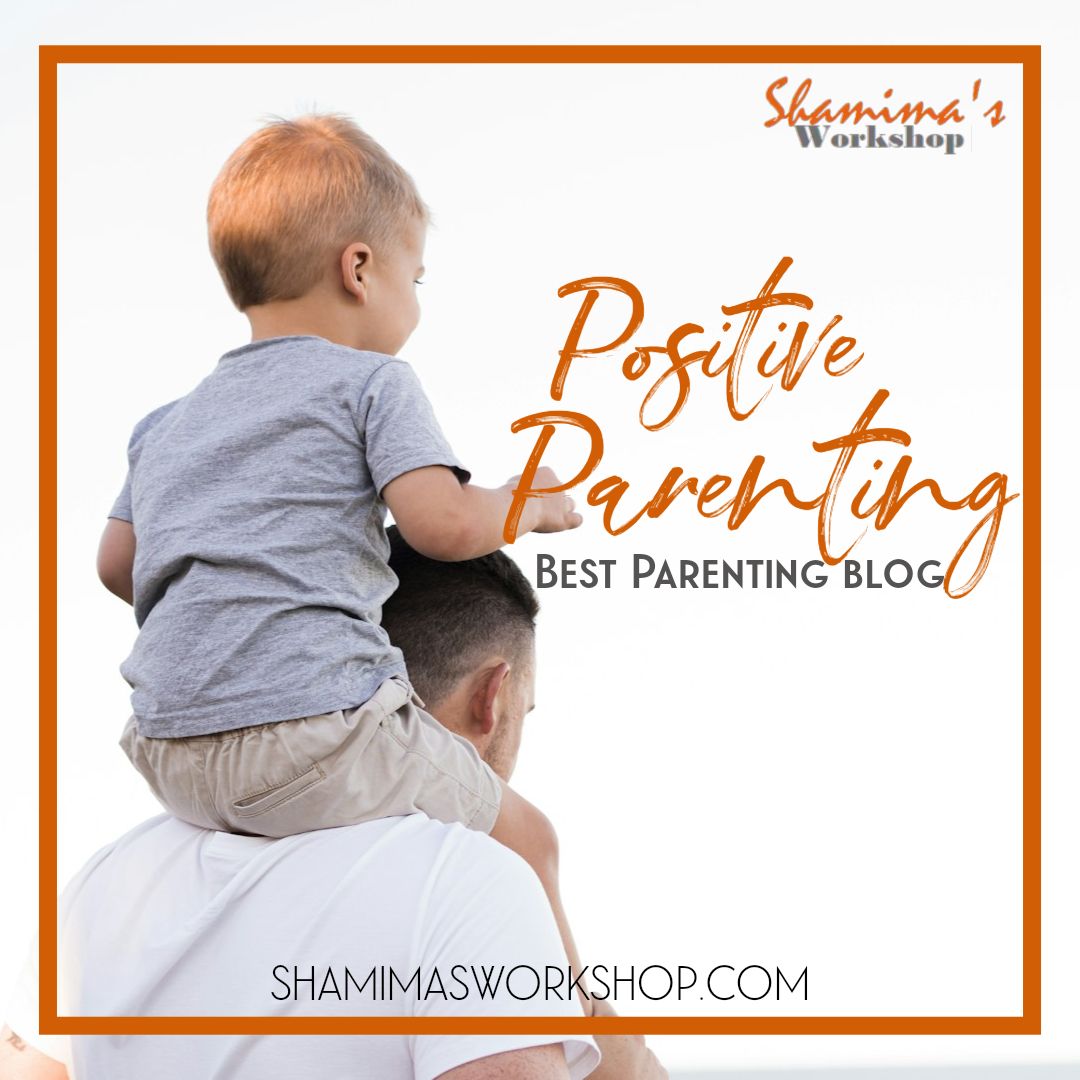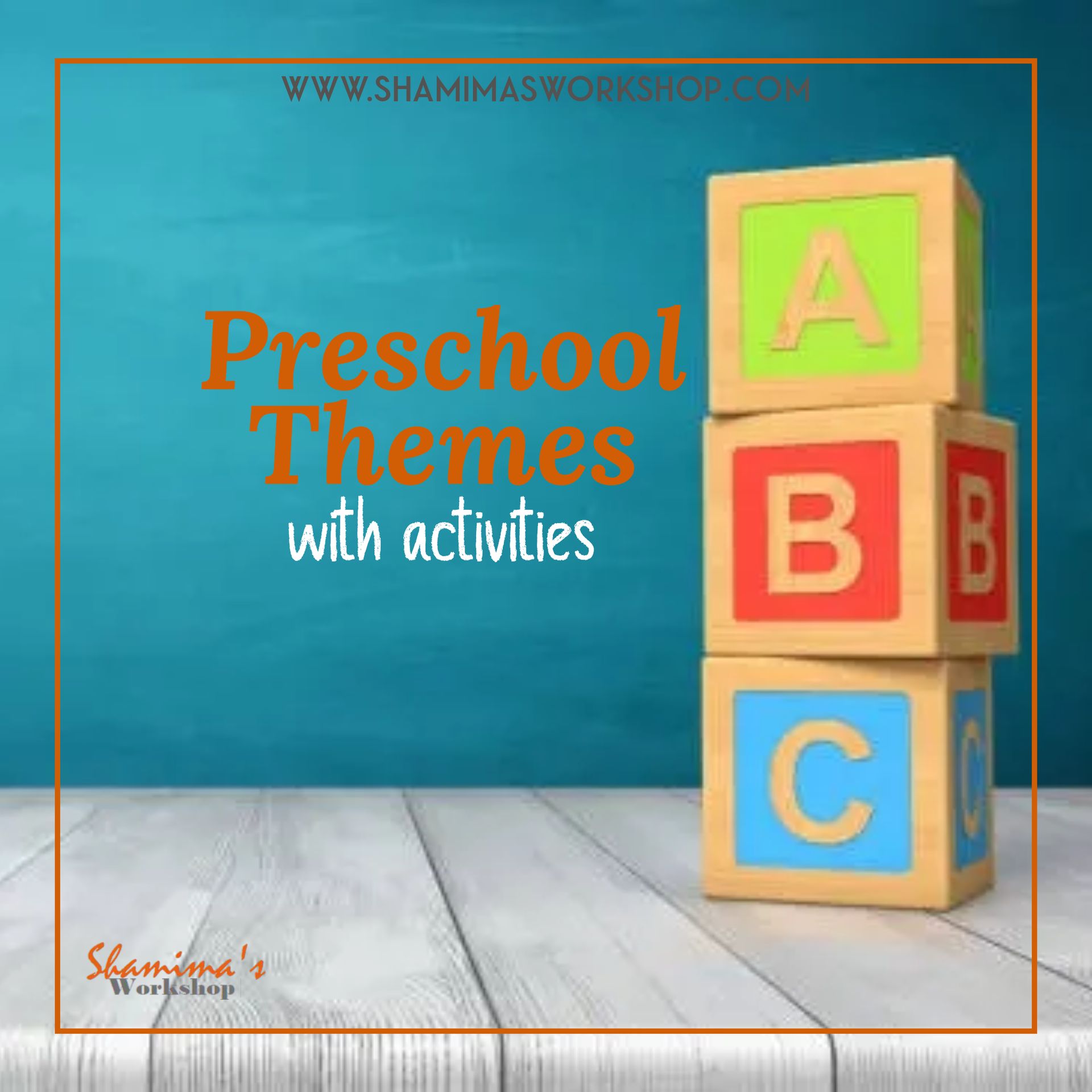We often assume a life-long feeling and unconditional love of our newborn baby but not every parent feels immediately attracted to the wrinkled and crying newborn baby, who desperately wants to get back into the womb. This can sound surprising because a social stigma of " late binding" makes people hesitant to discuss this.
A parent's relationship with their child is a unique bond that nurtures a child's holistic growth and development. It lays the basis for their conduct, personality, traits, and values.
What is bonding?
The word "bonding" is used for the close emotional bonds between parents and a newborn child. Generally, bonding is about affection, care, and concern which is special to your baby relationship. Having a close bond with your baby can instill a sense of well-being in you.
Bonding is not a phenomenon, now or never. It brings together mothers and newborns. Most of the research on bonding has been about mothers. Yet in the last few years, the importance of fathers during the bonding process for infants has become the subjects of related work.
Why is bonding important?
Scientists are still learning about bonding. The sensitivity of parents to signals from an infant may influence the social and cognitive development of the child. Bonding experience in the very earliest years of life leads to healthy relationships for children.
The human brain develops to 90% of adult size during the first three years of life. Bonding experiences for the brain parts responsible for attachment to develop normally have to be present at certain critical times. Such phrases occur in the first year of life and are linked to the child's and parent's ability to establish a healthy social relationship.
The bonding process:
Bonding experiences with the baby must be present at bonding, probably one of the most pleasant aspects of infant care. One of the best things about being a mother is falling head over heels in love with your newborn and the bond between a mother and her child is one of nature's most powerful forces.
Before birth:
The process of bonding starts long before birth, the 16th week of pregnancy, mother first begin to feel the movement of their babies, a deep connection forms.
During birth:
Research suggests that about 60% of mothers bond immediately after birth with their babies. The body releases oxytocin during pregnancy and birth, a "feel-good" hormone that can cause a huge rush of love for newborns.
A gradual process:
Bonding is, in some ways, a cycle in which parents respond positively to their body and then the baby settles down and may coo or smile. This in effect helps parents build confidence and enjoy their baby more.
Ways to bond with baby:
Feeding: Breastfeeding produces the oxytocin hormone "love and cuddle" which promotes feelings of well-being and makes feel close to the baby.
Smiling:
Make contact and smile eye to eye. Babies can concentrate 30cm, which is the distance from cradling a baby in the arm.
Holding:
Touch is important for bonding. Cuddling a child close to the chest will make the child feel safe and loved.
Laughing:
Make funny faces, it may attract the baby.
Singing:
The sound of the mother's voice makes a baby soothed, so sing to your baby, it does not matter if the mother can not hold a melody or just talk- no matter what she is doing. Only the act of conversing with the baby will bring the baby closer to her.
Factors that may affect bonding:
Bonding with a little one is an amazing feeling. Some factors affect early bonding or delay bonding.
Post-natal depression:
Post-natal depression is believed to be caused by a hormone imbalance., and may affect the ability of the mother to bond with the infant. It often begins within 1-2 months of birth but can start later, too. In reality, PND symptoms started during pregnancy. It can affect the quality of mother-to-child relationships in adult life and hurt the quality of the grandmother-to-grandchild relationship, new research has been found.
A difficult birth:
A difficult birth can affect the ability of the mother to react to the infant, especially when she is in pain or has been traumatized by birth. If a mother had a C-section or couldn't see the baby right after the birth.
Premature both:
It can be difficult if the baby was premature and spend time in the neonatal intensive care unit(NICU), it may take longer to bond in these instances.
Parent's situation:
Sometimes, a mother's situation can affect the relationship with the new baby like: lacked a positive parental role model, mental illness, life stress such as a difficult job or unemployment or financial troubles, marital problems, or abuse.
Babies with additional needs or chronic illness:
When a child has special needs, parents need to take extra effort to understand the child, which sometimes causes them to lose confidence and become more anxious, which results in the effect of bonding with the child.
Bonding is a complex, time consuming personal experience. There is no recipe for magic and it can not be put on. If the bond is not strong at first a baby whose basic needs are being met will suffer.
What are your tips for bonding with your child?
